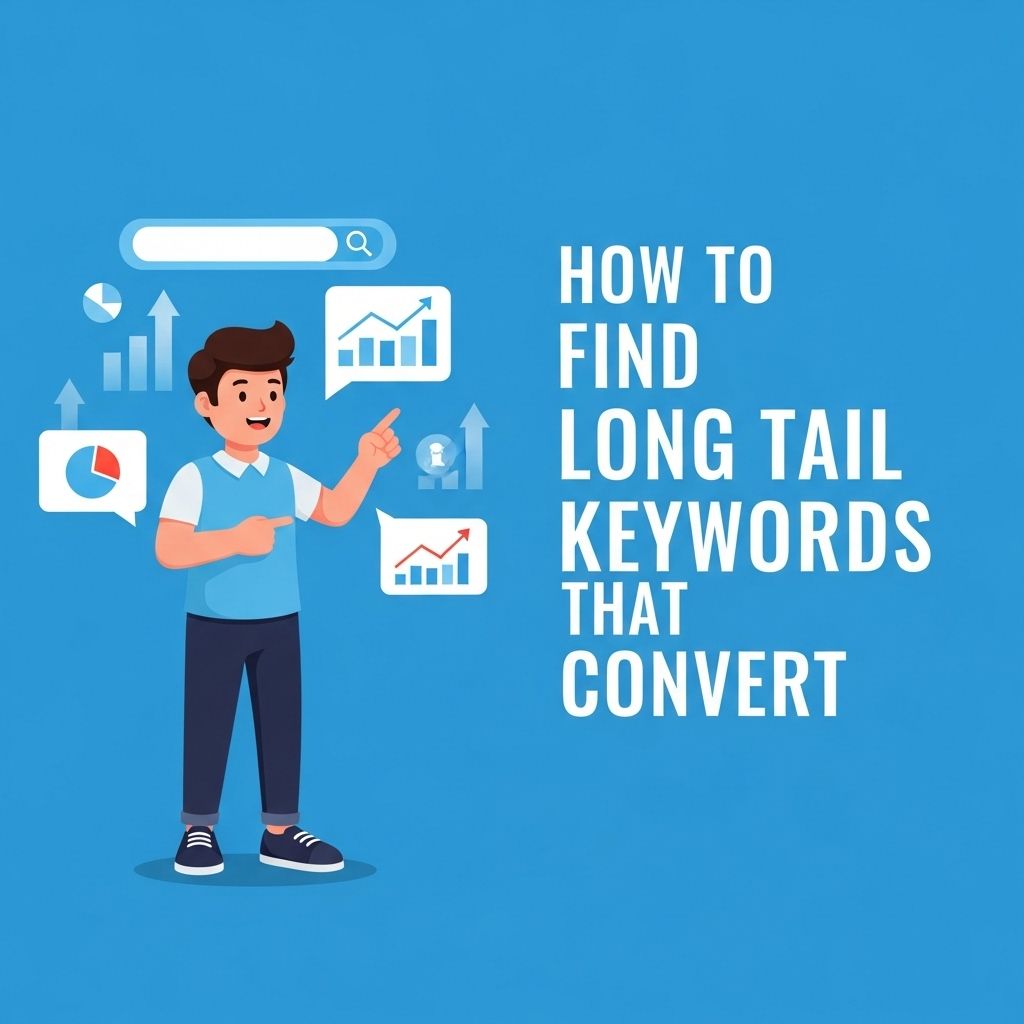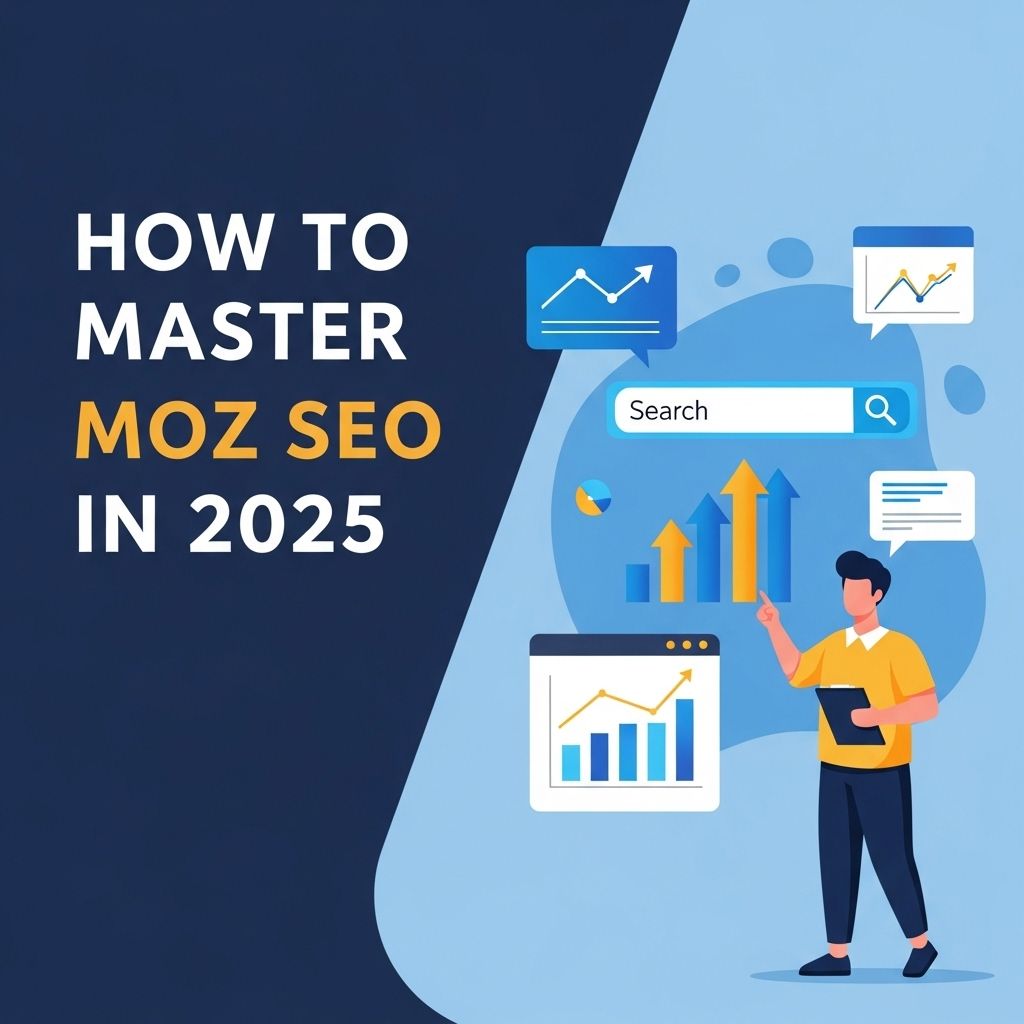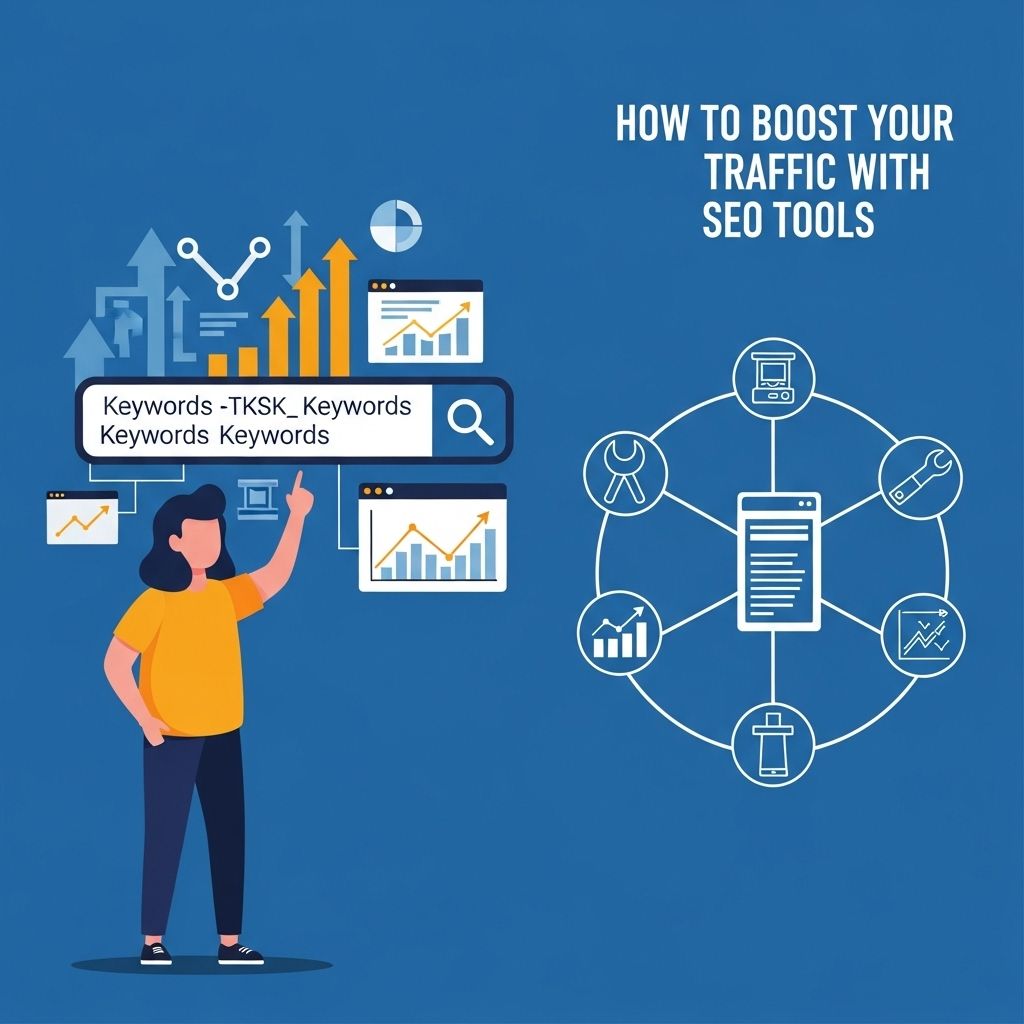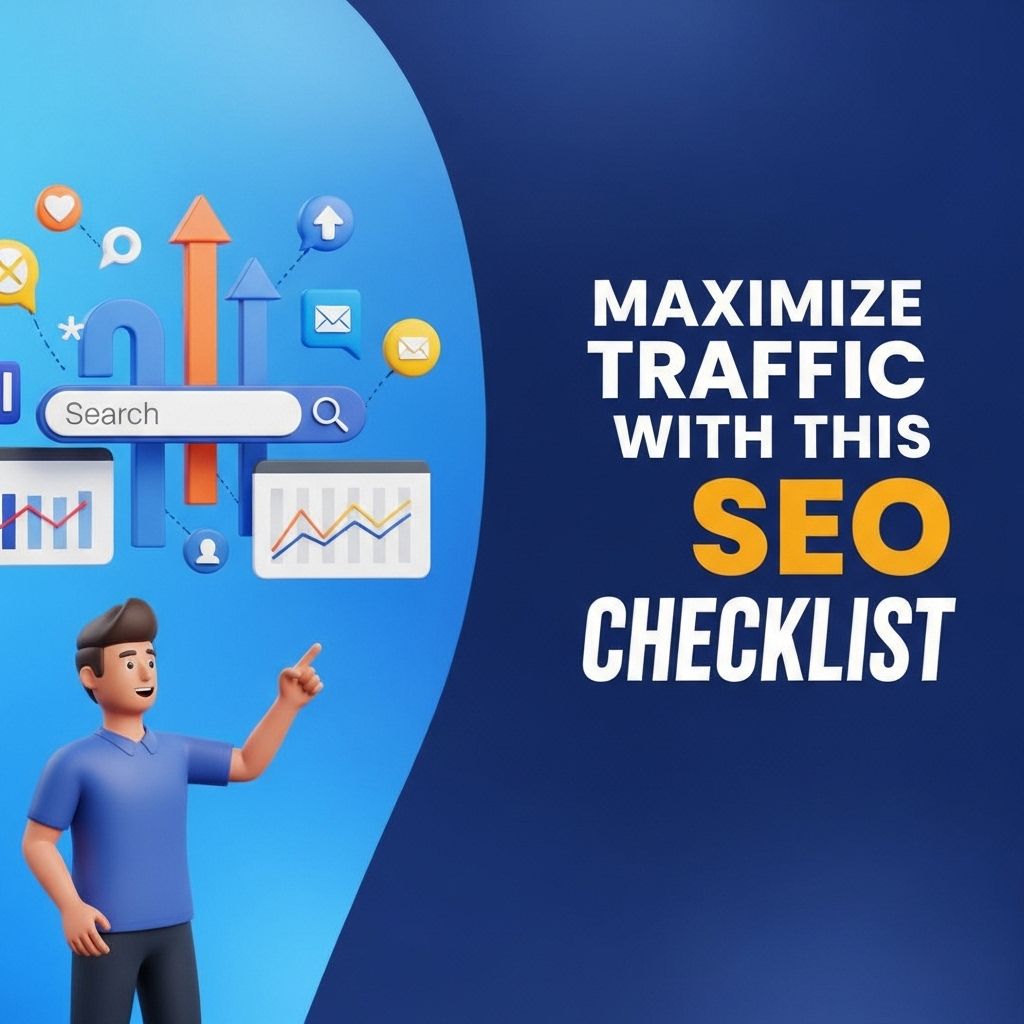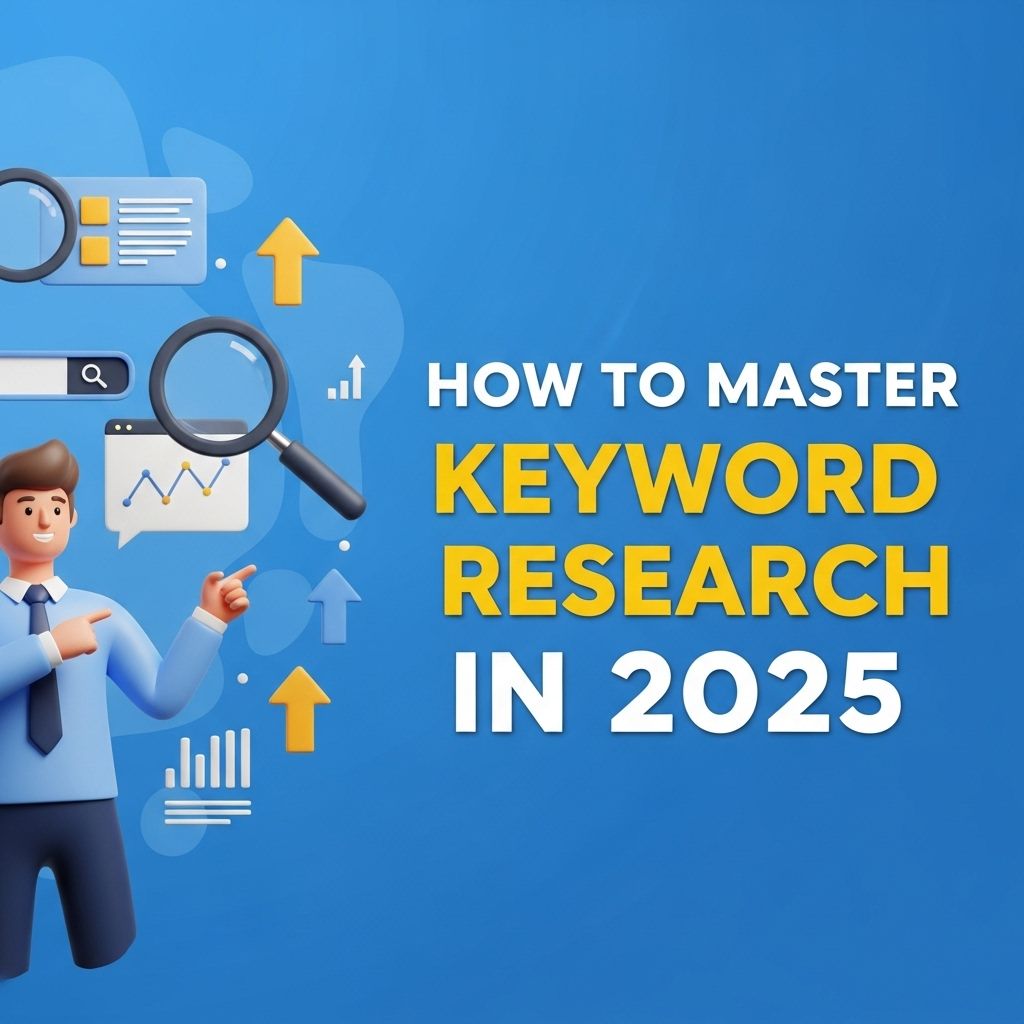Boost Your SEO Campaigns with AI Clustering
Discover how AI clustering can enhance your SEO campaigns, improve keyword targeting, and optimize content strategies for better ranking.
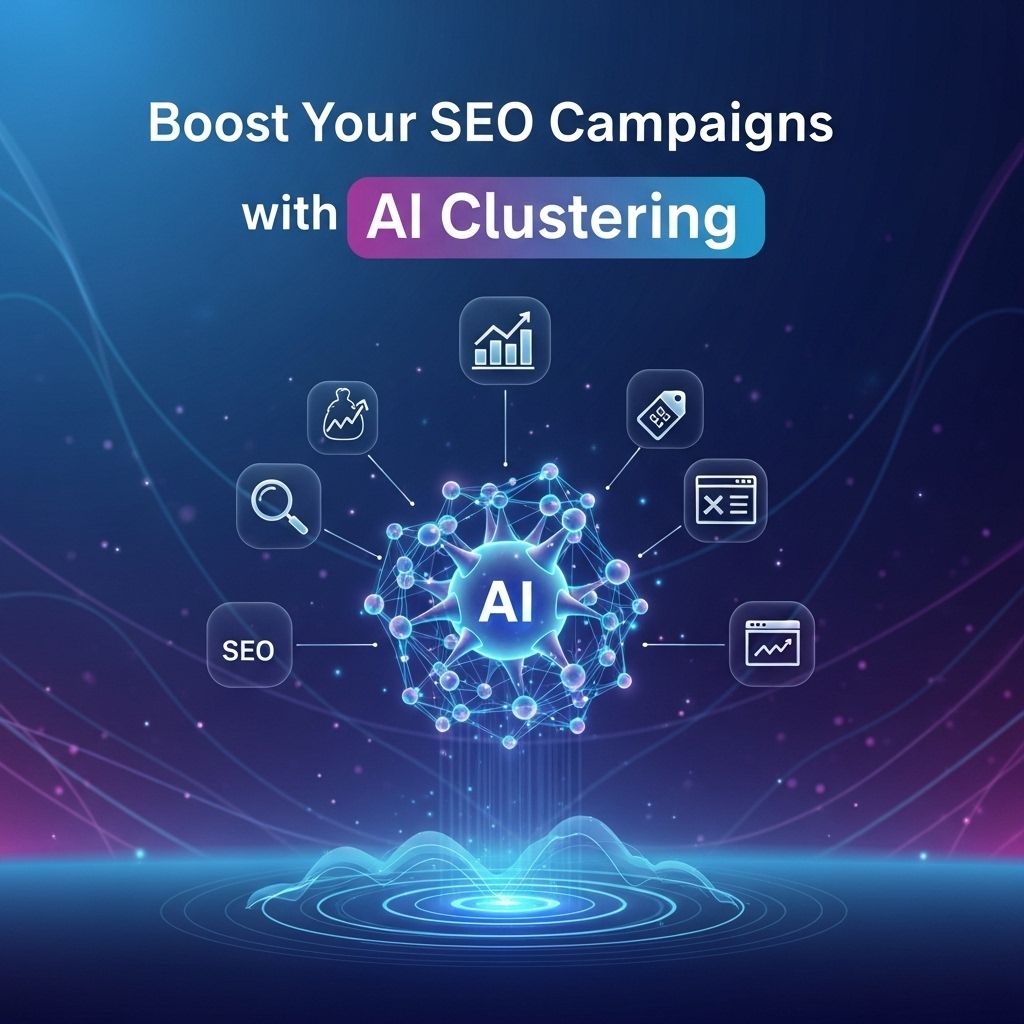
In the rapidly evolving landscape of digital marketing, leveraging artificial intelligence (AI) has become paramount for SEO professionals aiming to stay ahead of the competition. One of the most innovative strategies emerging in this domain is AI clustering, which enhances keyword organization and helps create content that resonates with target audiences. This article delves into the intricacies of AI clustering and its transformative impact on SEO campaigns.
Incorporating AI clustering into your SEO campaigns can significantly enhance your content strategy by organizing related topics, improving keyword relevance, and boosting search rankings. This innovative approach allows marketers to identify patterns in data, making it easier to create content that resonates with target audiences. For those looking to elevate their branding, check out find the best 3D logo templates to complement their optimized content.
Table of Contents
Understanding AI Clustering
AI clustering refers to the process of grouping related data points together based on their inherent similarities, using advanced algorithms. In the context of SEO, this means organizing keywords and content topics into clusters that are semantically related. By doing so, marketers can create comprehensive and cohesive content strategies, ensuring that each cluster addresses specific user intent and search queries.
The Importance of Clustering in SEO
Clustering helps in organizing content logically, which can improve both user experience and search engine rankings. Here are some key benefits:
- Improved Content Strategy: Clustering allows you to identify gaps in your content and address various user queries effectively.
- Enhanced User Experience: Users can find related information easily, increasing the time spent on your site.
- Simplified Keyword Management: Organizing keywords into clusters can streamline your SEO efforts, making it easier to track and optimize performance.
- Better SERP Visibility: Structured content is more likely to appear in rich snippets and answer boxes.
How AI Clustering Works
AI clustering employs machine learning algorithms to analyze large sets of keywords and content data. Here’s a simplified breakdown of the process:
1. Data Collection
The first step involves gathering data from various sources, including:
- Keyword research tools
- Competitor analysis
- User intent analysis
2. Data Preprocessing
Once the data is collected, it undergoes preprocessing to clean and normalize it. This may involve:
- Eliminating duplicates
- Standardizing formats
- Consolidating similar keywords
3. Clustering Algorithms
Next, various clustering algorithms are applied to group the keywords into clusters. Some popular algorithms include:
| Algorithm | Description |
|---|---|
| K-means | Aims to partition the data into K distinct clusters based on feature similarity. |
| Hierarchical Clustering | Creates a tree-like structure to show the arrangement of clusters based on their similarity. |
| DBSCAN | Groups together closely packed points while marking points that lie alone as outliers. |
4. Analyzing Clusters
After the clustering process is complete, an analysis is conducted to understand the relationship between clusters and their potential user intent. This analysis helps in:
- Identifying primary topics
- Mapping out subtopics for in-depth content creation
- Optimizing existing content for better alignment with user queries
Implementing AI Clustering in Your SEO Strategy
Integrating AI clustering into your SEO strategy can significantly enhance your website’s performance. Here’s how to do it:
Step 1: Identify Your Core Topics
Start by listing down the main topics or themes relevant to your niche. These will serve as the foundation for your clusters.
Step 2: Conduct Keyword Research
Utilize tools like Google Keyword Planner, SEMrush, or Ahrefs to gather keywords associated with your core topics.
Step 3: Use AI Clustering Tools
Employ AI-powered clustering tools such as:
- ClusterAI
- Frase.io
- SEMrush Topic Research
Step 4: Create Cluster Content
Develop content for each cluster, ensuring to cover both pillar and cluster pages:
- Pillar Pages: Comprehensive resources that cover broad topics.
- Cluster Pages: More specific content that links back to the pillar page.
Step 5: Monitor and Optimize
Regularly track your website’s performance using analytics tools. Adjust your strategies based on user engagement metrics and search rankings.
Challenges of AI Clustering
While AI clustering presents numerous advantages, it is not without its challenges:
Data Quality
The effectiveness of AI clustering heavily relies on the quality of the data fed into algorithms. Poor quality data can lead to inaccurate clustering, making it essential to ensure that your data sources are reliable.
Understanding User Intent
AI algorithms may struggle to fully comprehend the nuances of human language and user intent. Therefore, it is crucial to complement AI findings with human insights.
Algorithm Limitations
Different clustering algorithms have varying strengths and weaknesses. Choosing the right one for your specific needs can require trial and error.
Future of SEO with AI Clustering
The integration of AI clustering in SEO is a glimpse into the future of digital marketing. As technology continues to evolve, we can expect even more sophisticated clustering techniques that will allow marketers to:
- Optimize content in real-time based on user interaction
- Predict emerging trends in user behavior
- Enhance personalization efforts through data insights
Investing in AI
For SEO professionals looking to stay competitive, investing in AI technologies is critical. As tools become more advanced, the ability to harness AI clustering for SEO will distinguish leading brands from the rest.
Conclusion
AI clustering represents a significant advancement in the SEO landscape, offering a strategic approach to organizing content and enhancing keyword management. By understanding and implementing AI clustering techniques, businesses can create more focused, user-centric content that not only improves rankings but also drives meaningful engagement. As we look to the future, embracing AI technologies will be key in navigating the complexities of digital marketing and achieving sustainable success.
FAQ
What is AI clustering in SEO?
AI clustering in SEO refers to the use of artificial intelligence algorithms to group similar content and keywords, helping to optimize website structure and enhance search engine visibility.
How can AI clustering improve my SEO campaigns?
AI clustering can improve your SEO campaigns by identifying relevant topics and keyword groupings, allowing for better content organization and targeting, which can lead to improved rankings and organic traffic.
Is AI clustering suitable for all types of businesses?
Yes, AI clustering is suitable for all types of businesses, as it can help any organization optimize its content strategy regardless of industry or niche.
What tools are available for AI clustering in SEO?
There are several tools available for AI clustering in SEO, including SEMrush, Ahrefs, and MarketMuse, which provide insights and automated clustering features to enhance your SEO efforts.
Can AI clustering help with content creation?
Absolutely! AI clustering can assist with content creation by suggesting topic ideas based on keyword groupings, ensuring that your content aligns with user search intent and enhances relevance.
What are the benefits of using AI clustering for keyword research?
The benefits of using AI clustering for keyword research include more efficient keyword grouping, better content alignment with user queries, and improved overall SEO strategy through data-driven insights.


